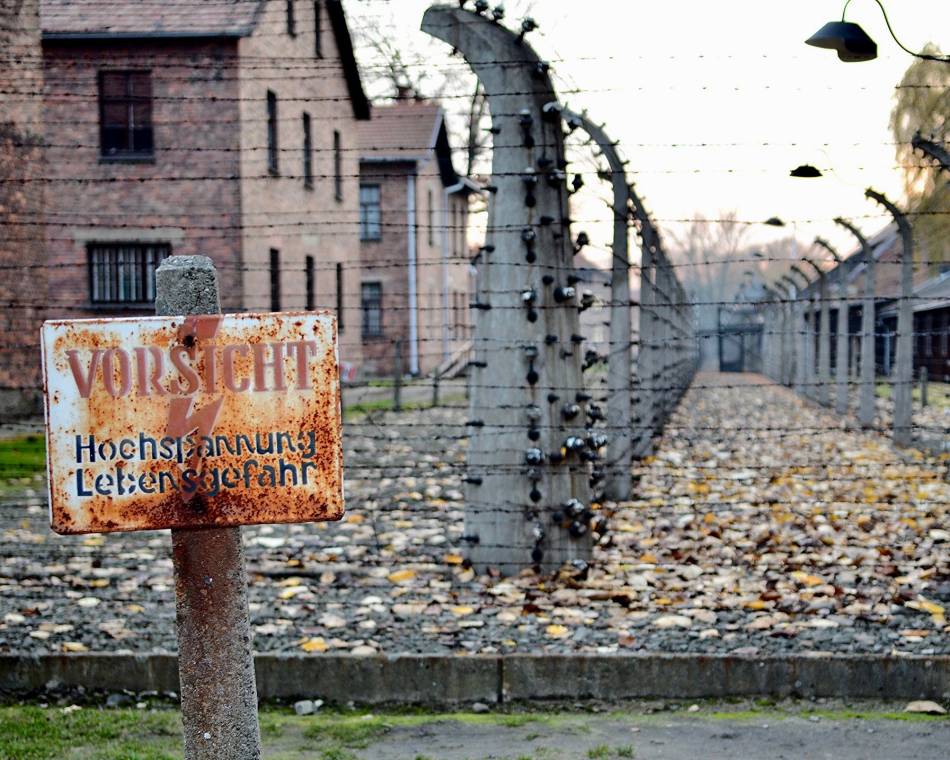UNITED NATIONS (AN) — The U.N. General Assembly adopted a resolution on Thursday to combat Holocaust denial and urged all 193 member nations and social media companies to help fight anti-Semitism.
The resolution by Israel and Germany, cosponsored by 114 nations and approved by consensus without a vote, notes Holocaust denial "in its various forms" is an expression of antisemitism. Though it is not legally binding, the resolution carries a moral weight as a reflection of global opinion.







